In our increasingly interconnected world, accessing content online should be seamless. Yet, many users encounter restrictions when trying to stream a movie, access a website, or shop on an international e-commerce site. This frustrating experience is often due to geo-blocking. But what exactly is geo-blocking, why is it used, and how can you bypass it? This guide dives into the essentials of geo-blocking and equips you with tools to navigate these digital barriers.
What is Geo-blocking?
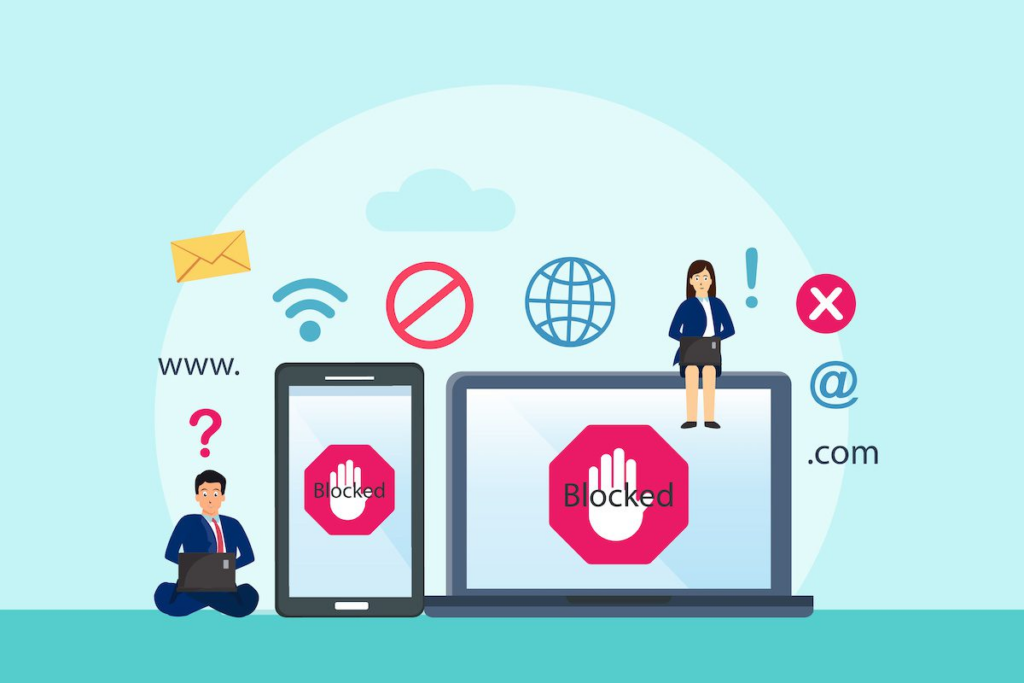
Definition
Geo-blocking is the practice of restricting access to online content, services, or websites based on a user’s geographical location. This is achieved by identifying the user’s IP address, which reveals their approximate physical location.
Why Geo-blocking Exists
Content Localization: Companies tailor their services or content to specific markets, offering localized versions of their platforms.
Licensing Agreements: Content providers, such as streaming platforms, often have region-specific licenses. For example, a TV show available in the US may not be accessible in Europe.
Legal Restrictions: Some governments enforce geo-blocking to comply with local laws, such as censorship of political content.
Content Localization: Companies tailor their services or content to specific markets, offering localized versions of their platforms.
Examples of Geo-blocking
News Websites: Some news sites limit access to international readers due to copyright or compliance issues.
Streaming Services: Popular platforms like Netflix, Hulu, and BBC iPlayer have different libraries depending on the user’s country.
Online Shopping: Certain products or discounts are often restricted to specific regions.
Gaming Platforms: Some video games or downloadable content (DLC) are only available in certain markets.
How Does Geo-blocking Work?
Payment Barriers: Certain payment methods or currencies are restricted to users in specific countries.
IP Address Identification: Websites analyze your IP address to determine your location.
Geo-restriction Protocols: Based on location, the server either grants or denies access to content.
Content Localization: Some platforms automatically redirect users to a region-specific version of the site.
Why Geo-blocking is Controversial
Pros of Geo-blocking
- Ensures compliance with regional laws and licensing agreements.
- Helps businesses tailor their offerings to specific audiences.
Cons of Geo-blocking
- Limits user freedom and access to information.
- Facilitates price discrimination, often disadvantaging users in certain regions.
- Creates barriers for travelers and expatriates trying to access home-country content.
How to Overcome Geo-blocking
1. Use a Virtual Private Network (VPN)
- How it Works: A VPN masks your real IP address by routing your connection through a server in another country.
- Best for: Streaming blocked content, accessing websites, and maintaining privacy.

Related Reading: VPN or Proxy: What’s Best for Your Needs in 2025?
2. Utilize Proxy Servers
- How it Works: A proxy server acts as an intermediary between your device and the internet, hiding your real location.
- Advantages: Great for accessing websites with region-specific restrictions.
- Proxy 302 Advantage: With high-speed, affordable proxies, Proxy 302 ensures seamless access to restricted content.

Related Reading: Top 10 Cheap Proxy for 2025: Affordable and Reliable Options
3. Smart DNS Services

- How it Works: Smart DNS services reroute your DNS queries to make it appear as if you’re accessing content from another region.
- Best for: Streaming platforms like Netflix and Hulu.
4. Tor Browser
- How it Works: The Tor network anonymizes your connection by routing it through multiple servers worldwide.
- Limitations: Slower speeds and may not work for all types of geo-blocked content.

Related Reading: Top 10 Proxy Browsers of 2025: Enhance Your Privacy and Security
Legal Considerations of Circumventing Geo-blocking
Circumventing geo-blocking may breach the terms of service of some platforms. While using a VPN or proxy is often legal, accessing restricted content might violate regional regulations. Always ensure compliance with local laws before bypassing geo-restrictions.
Related Reading: Proxy Server Legality: What You Need to Know Before Using One
The Role of Proxy 302 in Overcoming Geo-blocking
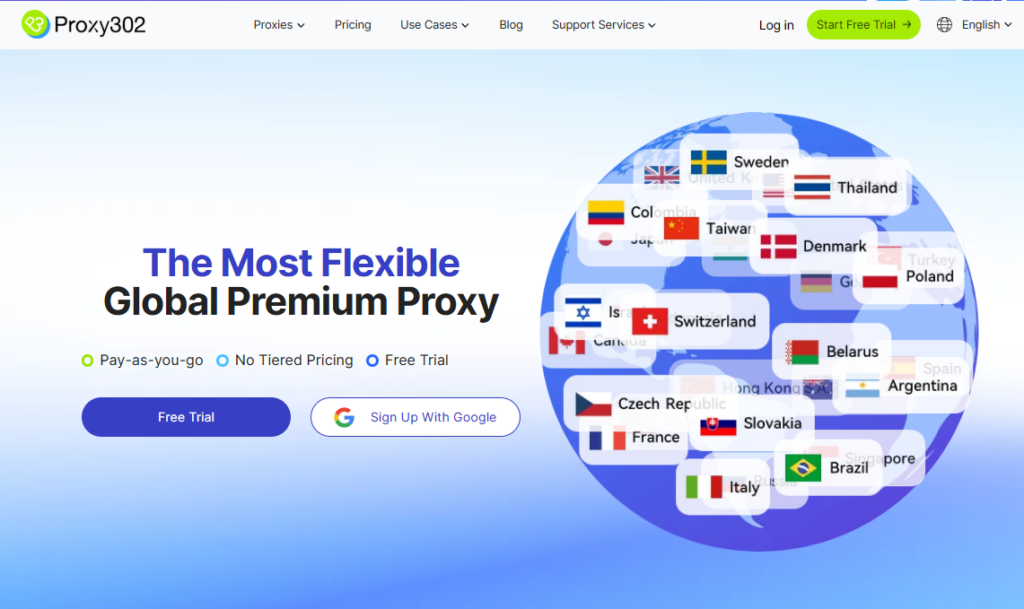
Proxy 302 offers advanced solutions to tackle geo-blocking:
- High-Speed Proxies: Seamlessly stream content or access restricted websites without buffering.
- Global Server Network: Access servers in multiple countries to unlock content worldwide.
- Affordable Plans: Proxy 302 provides cost-effective options suitable for individuals and businesses alike.
With Proxy 302, you can say goodbye to frustrating geo-restrictions and enjoy the freedom of the internet.
Conclusion
Geo-blocking is a common yet frustrating practice that limits access to online content based on location. While it serves purposes like licensing and compliance, it often hinders user freedom. By understanding geo-blocking and utilizing tools like VPNs, proxies, and smart DNS services, you can regain control of your online experience.
Ready to overcome geo-blocking?👉 Start Your Free Trial Now 👈and unlock a world without digital borders.


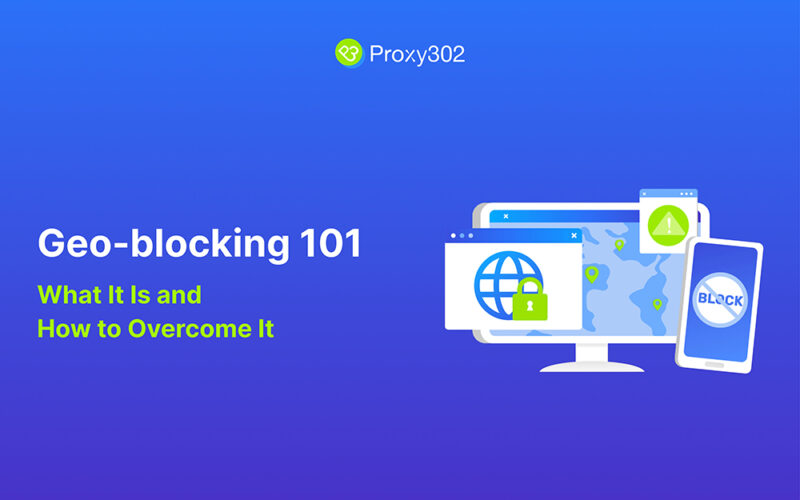
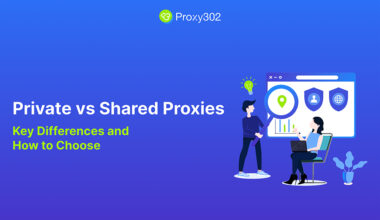


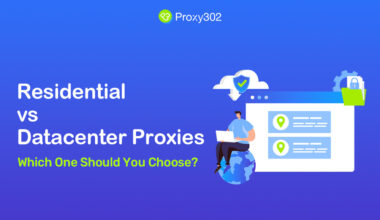


7 comments
I don’t think the title of your article matches the content lol. Just kidding, mainly because I had some doubts after reading the article. https://www.binance.info/en-IN/register?ref=UM6SMJM3
I don’t think the title of your article matches the content lol. Just kidding, mainly because I had some doubts after reading the article.
Can you be more specific about the content of your article? After reading it, I still have some doubts. Hope you can help me.
Your point of view caught my eye and was very interesting. Thanks. I have a question for you.
Great post! 🔥 Quick tip: Not all VPNs handle torrenting safely OR keep up with streaming. My latest blog breaks down that do both—Just shared a list of 5 that deliver zero logs for torrenting + zero buffering for streaming. Perfect for movie nights and secure downloads!! You may visit the link.
Thank you for your sharing. I am worried that I lack creative ideas. It is your article that makes me full of hope. Thank you. But, I have a question, can you help me?
It’s interesting how something as simple as an IP address can shape our entire online experience. I hadn’t realized how deeply licensing and regional laws influence what content we can see—makes you think twice about how ‘global’ the internet really is.